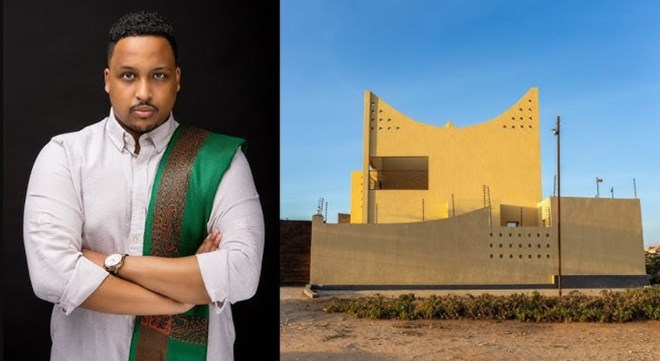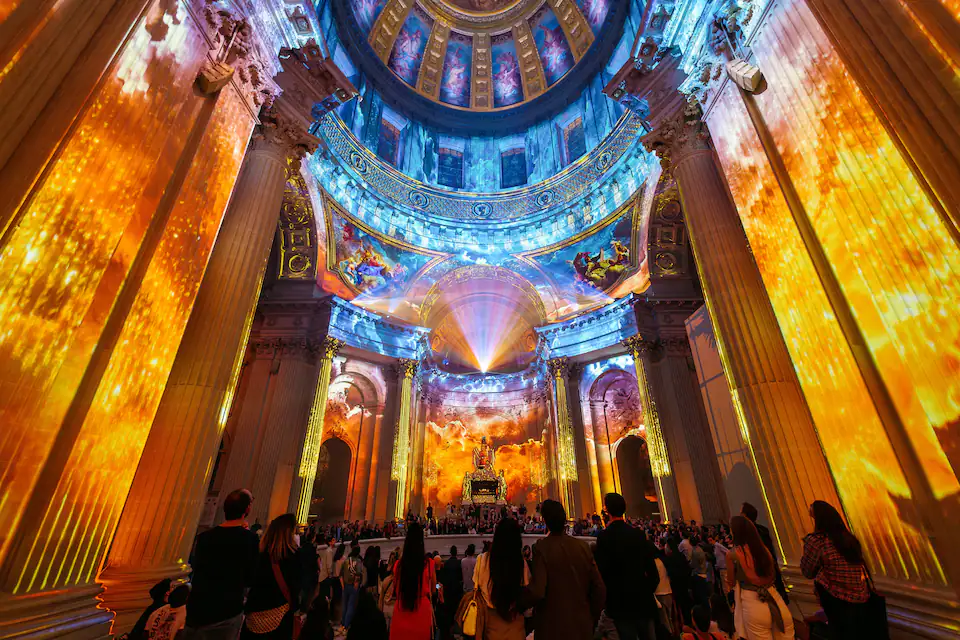Somali-Italian architect Omar Degan to lead Africa’s first Pan-African Architecture Biennale in Nairobi

Hiiraan Online
Today from Hiiraan Online:
Somali Music
Google Plus
advertisements
Somali-Italian architect Omar Degan to lead Africa’s first Pan-African Architecture Biennale in Nairobi
FacebookFacebook messengerTwitterWhatsAppLinkedInTelegramEmail
Friday September 12, 2025
Somali Italian architect Omar Degan, curator of the upcoming Pan-African Architecture Biennale set for Nairobi in 2026, alongside his design of the Wave House in Hargeisa, Somaliland (right), a project that blends cultural heritage with climate-responsive architecture.
Mogadishu (HOL) — Somali Italian architect Omar Degan will lead Africa’s first Pan-African Architecture Biennale, scheduled to open next year in Nairobi.
The biennale will bring together architects and thinkers from all 54 African countries, along with diaspora contributions, under the theme “From Fragility to Resilience.” Organizers say it will be the first fully African-led platform for architectural thought, positioning design as both a cultural and political tool.
Degan, whose career spans Mogadishu, Hargeisa, and Milan, said the initiative is meant to challenge the dominance of Western aesthetics in architecture. “Architecture has always been white and male-dominated,” Degan told OkayAfrica. “Africa is also the only continent that has been neglected… And even when African architecture is celebrated, it is exoticized like safari lodges designed for the Western gaze.”
“Architecture has always been white and male-dominated,” he said. “This will be the first biennale entirely conceptualized and curated by Africans. Every pavilion, from Somalia to Botswana, will have equal space.”
The event will take place at the Kenyatta International Convention Centre (KICC), a structure built in the 1970s that has since become a symbol of Pan-African ambition. Degan said Nairobi was chosen not only for its central location and visa-friendly policies for Africans but also to shift attention away from the traditional cultural centers of South Africa, Ghana, and Nigeria.
“I did not want this to default to Ghana, Nigeria, and South Africa, which are the usual countries when people think of Africa. I wanted to shift the geographic center, too,” he said.
The Architectural Association of Kenya has agreed to serve as the hosting body, a move its leadership says reflects a renewed commitment to strengthening African-led design networks.
Degan was born in Italy to Somali parents and studied architecture in Turin. In 2017 he established DO Architecture Group, a practice that works in fragile and post-conflict contexts. He has designed community buildings, maternity wards, and refugee camp projects in Somalia, work he says convinced him that “architecture is never neutral.”
“My identity was always linked to Somalia,” he said. “I see architecture as a way of restoring dignity—one structure, one story, one space at a time.”
One of his most widely recognized works is the Wave House in Hargeisa, completed in 2024. The residence employs natural ventilation and traditional motifs, demonstrating how contemporary African architecture can integrate sustainability with heritage. In Mogadishu, Degan has also proposed a memorial for the victims of the October 14, 2017, bombing, which killed more than 500 people.
Instead of traditional foreign national pavilions, the biennale will feature diasporic contributions, including from Afro-Brazilian architects, underscoring Africa’s global presence. “Migration is not an absence—it is part of our story,” Degan said.
Organizers plan immersive experiences that incorporate African soundscapes, textures, and scents, along with contributions from Afrofuturist writers and technology experts working on artificial intelligence and urban development.
Degan said the response so far has been overwhelmingly positive, with architects and designers across the continent eager to participate. “If one young architect feels inspired to build differently because of this biennale, that is already success,” he said.
Degan hopes the Pan-African Biennale of Architecture will grow into a global reference point. “I want the Pan-African Architecture Biennale to be the most important one in the world. I want it to be the Biennale. One that leads on climate change, on urban development, and on how we live in harmony with land, community, and history.”
The biennale will run in Nairobi beginning September 1, 2026
Opinion| Privacy Policy|Sports|Somali Music|Somali Map
All Rights Reserved Copyright. © 1999-2025, www.hiiraan.com



